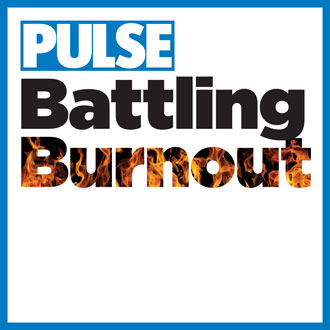GPs may be able to lower their risk of burnout if they are able to understand things from a patient’s perspective in an unemotional way, researchers have suggested.
The study – published in BMC Family Practice – found GPs appeared to be protected from emotional exhaustion if they scored high on a measure of ‘perspective-taking’ as well as being highly empathetic.
A Canadian team from the University of Montreal surveyed 294 French GPs on their feelings of burn-out using the 22-item Maslach Burnout Inventory).
The researchers then also measured the GPs’ degree of ‘perspective taking’, using a standardised self-assessment questionnaire of cognitive empathy that takes into account three components – perspective-taking, compassionate care and standing in the patients’ shoes’, as well as their levels of ‘empathic concern’, using a standard questionnaire of affective empathy that captures a single measure of empathy as a primarily emotional process.
Related articles
GP leaders officially support Pulse’s campaign to save GP occupational health funding
GP occupational health services are essential to patients’ health too
When GPs burn out, why does the medical profession continue to let down its own?
After taking into account marital status – as living alone can increase the risk of burn-out – the team found having higher or lower empathic concern had no influence over burn-out if the GP’s perspective taking score was low.
But if GPs’ perspective taking was high, then their risk of burnout was lower – particularly where their levels of empathic concern were also high.
‘One plausible explanation for this interaction is that empathic concern would be more beneficial to physicians when perspective taking is also high,’ the authors wrote.
‘In other words, it is when physicians are good at adopting the point of view of their patients that their emotional reaction and pro-social helping behaviours reduce the effect of exposure to stress.’
They suggested GPs should receive training in ‘emotion regulation’, as ‘without these skills physicians’ emotion sharing with patients could lead to professionals’ personal distress and burn-out.’
Pulse showed last year that almost half of GPs are at risk of burnout and a recent DH-commissioned paper showing GPs are suffering the highest levels of stress recorded since 1998.
Pulse October survey
Take our July 2025 survey to potentially win £1.000 worth of tokens














